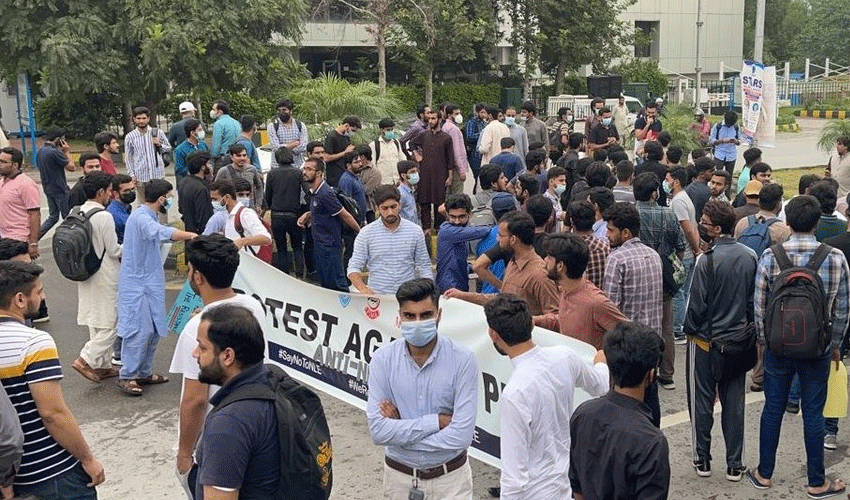Punjab suggests giving police further authority during demonstrations.

The government of Punjab has made the decision to alter the Right to Peaceful Protest Act 2024. The law department has been entrusted with creating a draft and presenting it to the province cabinet per Chief Minister Maryam Nawaz’s directives.
The reason for the adjustments
The changes’ main goal, according to government sources, is to legally protect citizens’ rights to peaceful protest while making sure that safeguards against violence and disturbance are in place.
According to officials, the suggested modifications aim to achieve a balance between preserving law and order and defending democratic liberties.
Important aspects of the amendment
A number of new measures are included in the draft amendment:
There will be clear legal protection for citizens’ rights to peaceful protest.
To prevent violent acts during protests, preventive measures will be reinforced.
To properly oversee and control protests, police will be given additional authority.
A new requirement will be that protests must not negatively impact people’s daily lives or activities.
Government strategy Sources in the Punjab government stressed that the changes are intended to guarantee that nonviolent demonstrations continue to be a democratic right while protecting the rights, safety, and security of the general populace.